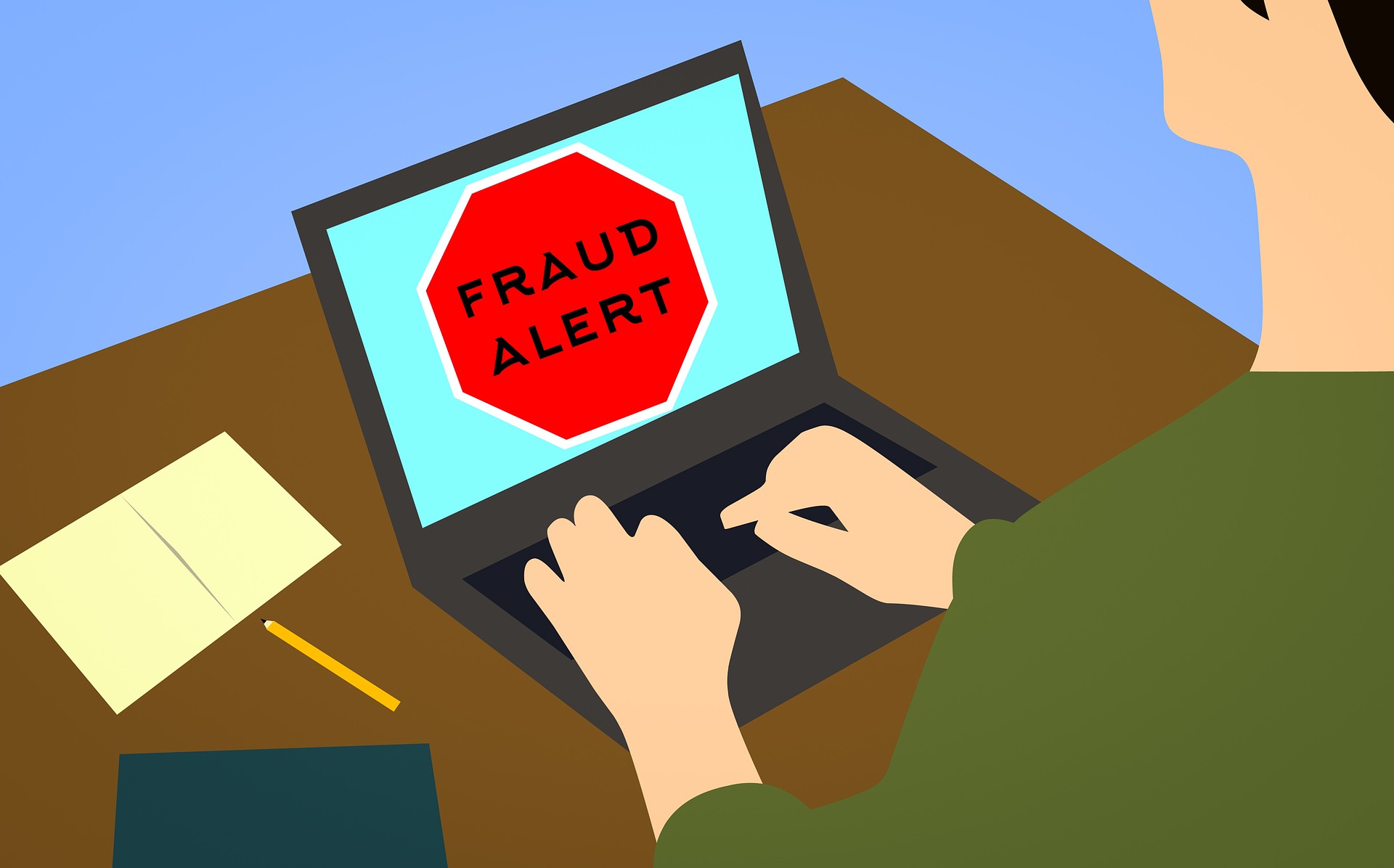The overwhelming majority of healthcare providers are honest and work hard to provide the best care for their patients, However, there are a few providers who want to make some more money and increase their account balances illegally. There are lots of different ways unscrupulous healthcare providers do this and these schemes are this article’s focus.
Table of Contents
Billing for Non-existent Services
There are several cases where healthcare providers and facilities submit claims forms to insurance companies for services and care that were never provided to their patients. This fraud is often discovered when an investigator looks at patient records to find any documents that support the services and care provided to a patient and ends up finding nothing.
To give healthcare providers a fair chance, an investigator will often interview patients whose names appear on the claims forms. These patients know definitively if they visited a healthcare provider or facility on the days stipulated. If they did not, that is strong evidence that something nefarious is going on.
Changing or Adding Dates of Patient Visits
Some providers might make more money if they record that a patient visited their facility on two separate days when in fact they visited once. Since each visit is listed as a separate billable service, a provider might be able to make more money by saying they provided the same services twice or even by altering the services, procedures, and medications provided to the patient on the second falsified visit.
Falsifying a Diagnosis
Falsifying a diagnosis is when a healthcare provider lists down a different diagnosis to the one you are being treated for. This is often done to justify expensive procedures and medications that end up netting the healthcare provider more money. In these types of fraud, there is no limit to how many procedures and medications a healthcare provider can list as long as they are within the reasonable limits for the falsified diagnosis.
In some cases, patients who do not fully understand their diagnosis and treatments might allege fraud. Healthcare providers who find themselves in this position should talk to a law firm like the Healthcare Fraud Group at healthcarefraudgroup.com. A good healthcare fraud defense law firm will intervene on your behalf and help you defend yourself and your career.
Misrepresentation
No one wants to think that the physician who treated them might not be qualified, but it does happen. Doctors and physicians will sign on claims forms showing that they provided a service but it was a lesser-qualified physician who did. The insurance company might end up paying the higher fee for thehighly qualified doctor without realizing that the amount they are paying for is not in line with the services the patient received.
Kickbacks
Kickbacks are common in the healthcare industries, especially where providers pay for or receive payments for referrals. These kickbacks are often abused in cases where patients are referred for services and care they do not need. These can include tests, scans, or even prescription drugs. Many of these kickbacks are disguised in luxury vacations, office payments, or even hidden gifts, which makes them a lot harder to uncover than other types of fraud.
Overutilization of Services
This often happens with hypochondriac patients. Healthcare providers will keep doing tests and exams looking for illnesses and conditions that might not exist until the insurance provider stops paying or the patient runs out of money.
It also commonly happens in alcohol and drug rehabilitation centers where healthcare providers will keep providing unnecessary services that have no bearing on the patient’s outcome until they can no longer afford the services and have to be let go.
Unnecessary Issuance of Prescription Drugs
Prescription drug abuse is a huge problem and it happens where a patient uses drugs for uses other than those intended by their physician. Some patients will visit more than one doctor looking for the same drugs and will offset the cost of these hospital visits by selling some of the drugs prescribed to them.
Because of how lucrative the trade in prescription painkillers is, some physicians will also steal drugs or forge prescriptions by stealing prescription pads. Others will change the quantities on the prescription which is often done with the help of an accomplice.
When large quantities of drugs are lost this way and need to be accounted for, physicians and pharmacists will often submit bogus claims using their patients’ names and insurance details.
Although no longer as widespread as it used to be due to increased scrutiny, healthcare fraud is still a serious issue in many healthcare facilities. If you are a patient who thinks a provider is committing fraud, you should report it to prevent it from happening to others. If you are a healthcare provider and are falsely accused of perpetrating fraud, you should get in touch with a defense lawyer.












